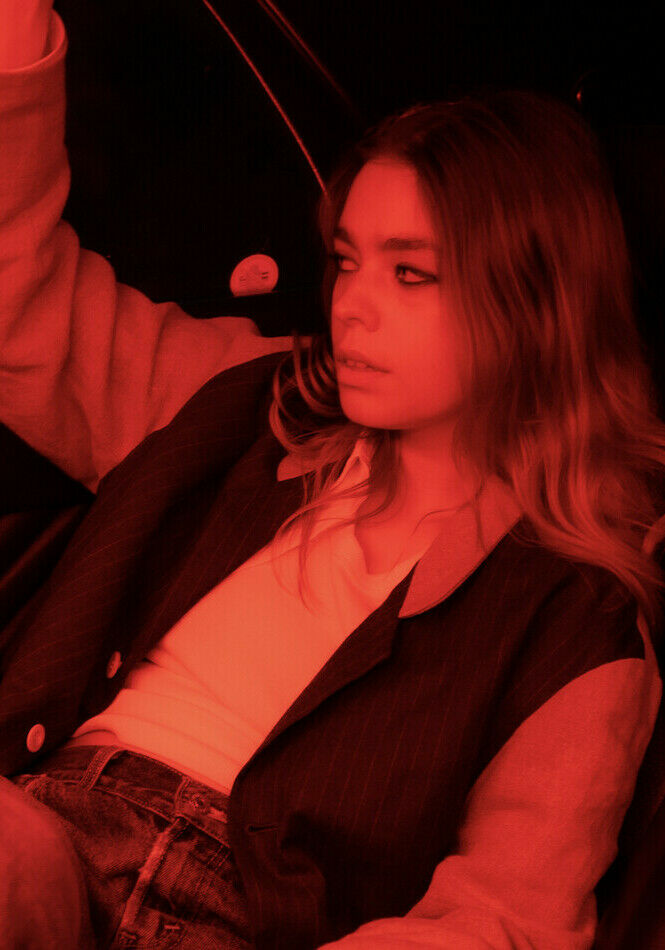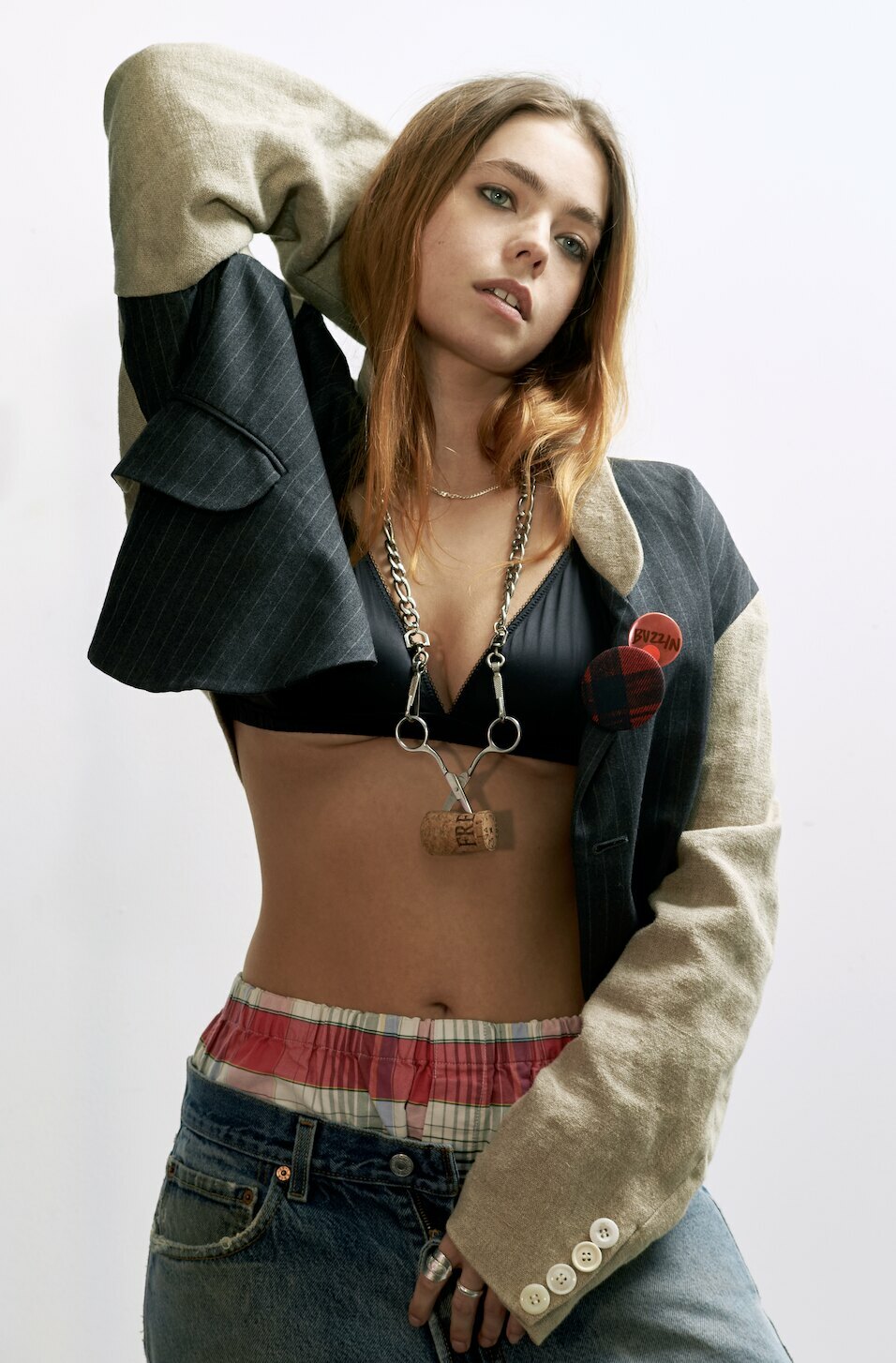Olivia Devine, better known as L Devine, opens up to Headliner about freeing herself from the creative shackles of the music business to produce her debut album Digital Heartifacts.
For a number of years, you have been releasing singles and EPs. Does your first full-length record represent a departure from all that came before?
Maybe some people will say it’s a departure but it’s hard for me to notice that. For me this feels like a really natural place for my music to go. It’s a slight redirection, but it feels like a natural progression from my previous releases before this. Especially for fans of the EP I put out a couple of years ago called Peer Pressure. I feel like this is more of a grown-up version of that. That EP was when I got more into a storytelling style of writing and going a bit left of centre from the mainstream pop thing. And the production feels a bit more experimental, and it feels to me a lot more authentic. It’s more cohesive than anything I’ve done before as I’ve dipped my toe into a lot of genres and had my fingers in different pies. Now it feels like I’ve stuck to one pie!
How did the approach to writing change with this album? Did knowing you were writing for an album shift your creative perspective from writing singles or an EP?
When I first met Julian Flew (co-writer and producer) and we started working together, I was leaving my previous label and managers, so I was on my own and didn’t know what was going to happen in terms of my career. So the start of this album came out of a necessity to keep going. Then when I found we had this great chemistry I released this should be it. I felt like if I don’t make an album now I don’t know when I will. It was the first time in a while I’d had the opportunity to cut everything else out and just focus on making music. I’ve never really worked with someone where both of us felt like we wanted to commit that amount of time to making an album.
Tell us about working with Julian and his role on the record?
When we first met we were managed by the same people but had never worked together. When we did our first session together we wrote a song called Eaten Alive. And I hope he won’t mind me saying this, but at the time he was just starting in his career and hadn’t done heaps of sessions and I think that worked in my favour. I was used to being in this big label where I had an A&R guy who could pull me into any session, and he was amazing, but I was being put into sessions with producers who had done massive tunes, and that was always a bit intimidating for me and made me feel like the other person in the room always knew better. So, it took me a bit of time to find my voice and be assertive in sessions like that. With Julian it was an opportunity to really say what I wanted to do. He let me do my thing and that was really refreshing, and our tastes really aligned, and we bonded over music.
I think the role of a producer is 90% listening. Sometimes I go into sessions and if I get the vibe they aren’t going to listen to me and if we don’t have that chemistry, then they just aren’t going to get it. Julian has this musical language where he can really understand what you want, and he just gets it. More so than anyone I’ve worked with. And we’ve had three years working together now.


